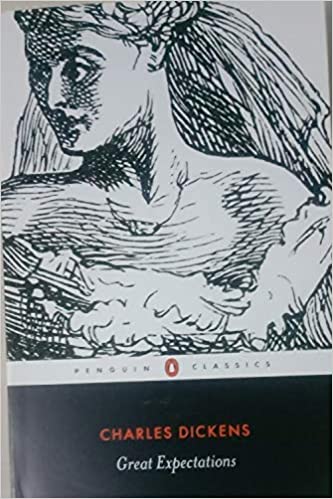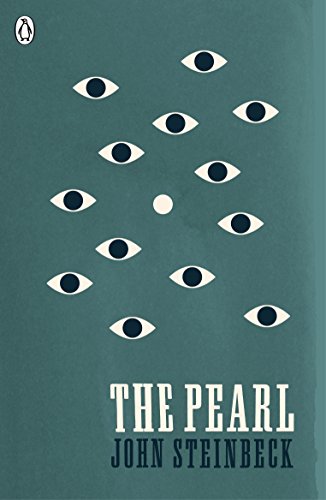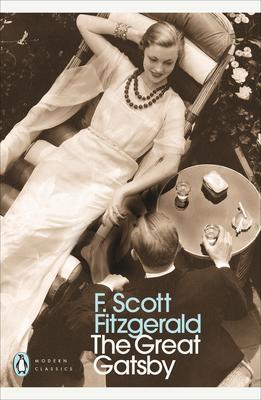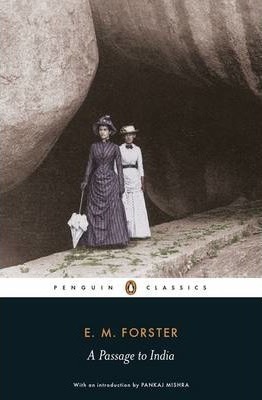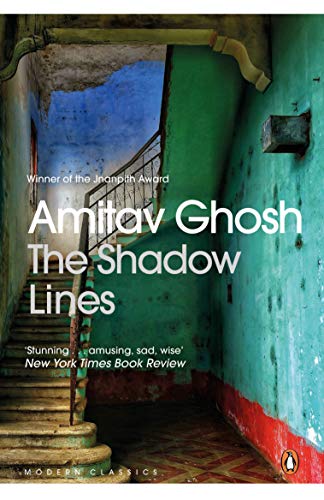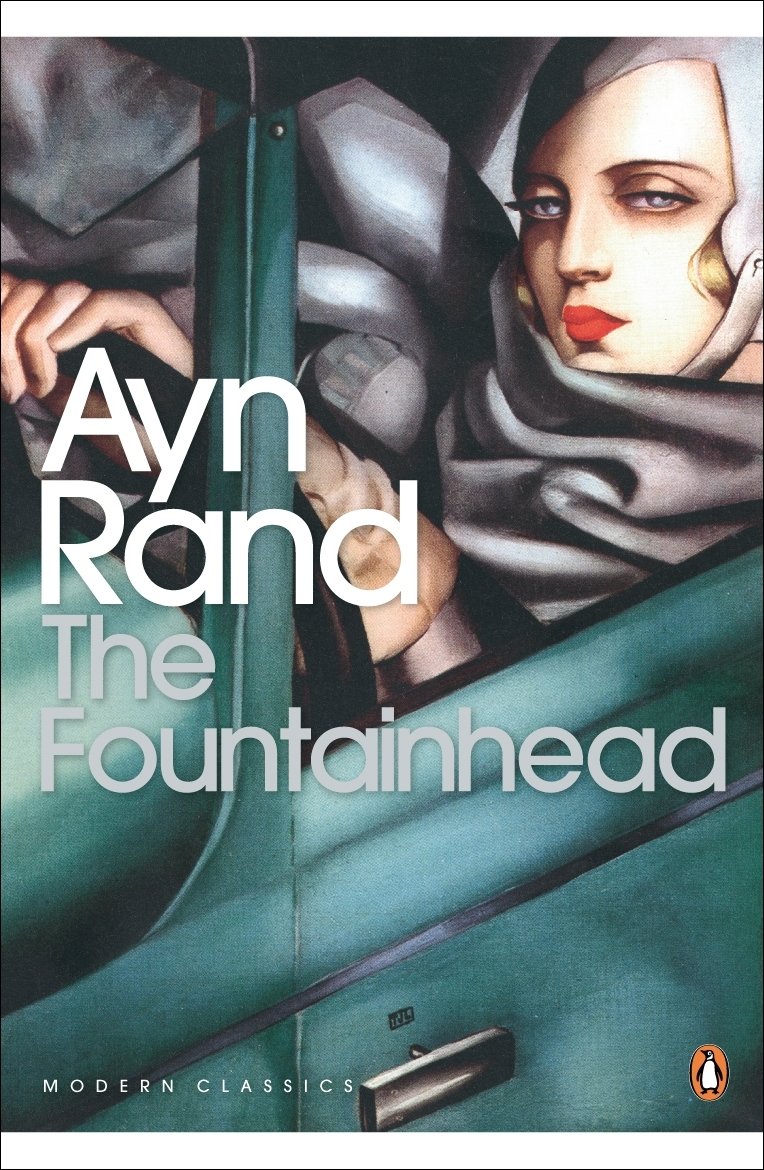The Republic
- Publisher : Penguin Random House
- Publishing year : May 2007
- Binding : Paperback
- ISBN : 9780140455113
- Imprint : Penguin Classics
- Age Group : Adult
- Language : English
- Number of Pages : 480 Pages
Plato is considered as one of the greatest philosophers and mathematicians of ancient Greece. He was a student of Socrat ...
Plato is considered as one of the greatest philosophers and mathematicians of ancient Greece. He was a student of Socrates, and founded the academy of Athens. Plato, The Republic (Penguin Classics) elaborately discusses the various perspectives of Plato on a wide range of subjects. It presents the thoughts of Plato in the form of a conversation, between Socrates, Plato, and three different interlocutors. The conversation is themed to be an exploration into the notion of a perfect community, and the ideal individual within it.
In their discussion, many intriguing questions about the nature of goodness, reality, and knowledge are raised. The interlocutors extensively debate the answers to these among themselves. This historical debate forms the cornerstone of western philosophy.
Plato starts off with defining a justice that appeals to human psychology, rather than to perceived behaviour. He says that an ideal society consists of three main classes of people. Likewise, he also claims that the individual soul has a three-part structure, which includes the rational, spirited, and appetitive part.
He also correlates how these three parts of soul influence the lives of individual human beings. He also adds that the world is divided into two realms - the visible and the intelligible. According to him, those things which you grasp with your senses constitute the visible world, whereas the ones that are grasped by your mind come under the intelligible world. He paints an evocative portrait of a philosopher’s soul moving through various stages of cognition.
Plato was a philosopher in Ancient Greece. He was an essential figure in the development of philosophy, especially the Western tradition, and he founded the Academy in Athens, the first institution of higher learning in the Western world.
Plato's dialogues have been used (and are still used) to teach a range of subjects, including philosophy, logic, ethics, rhetoric, religion and mathematics. His lasting themes include Platonic love, the theory of forms, the five regimes, innate knowledge, among others. His theory of forms launched a unique perspective on abstract objects, and led to a school of thought called Platonism.


